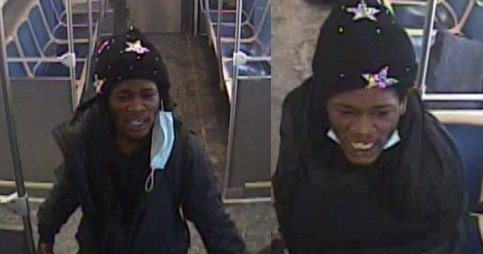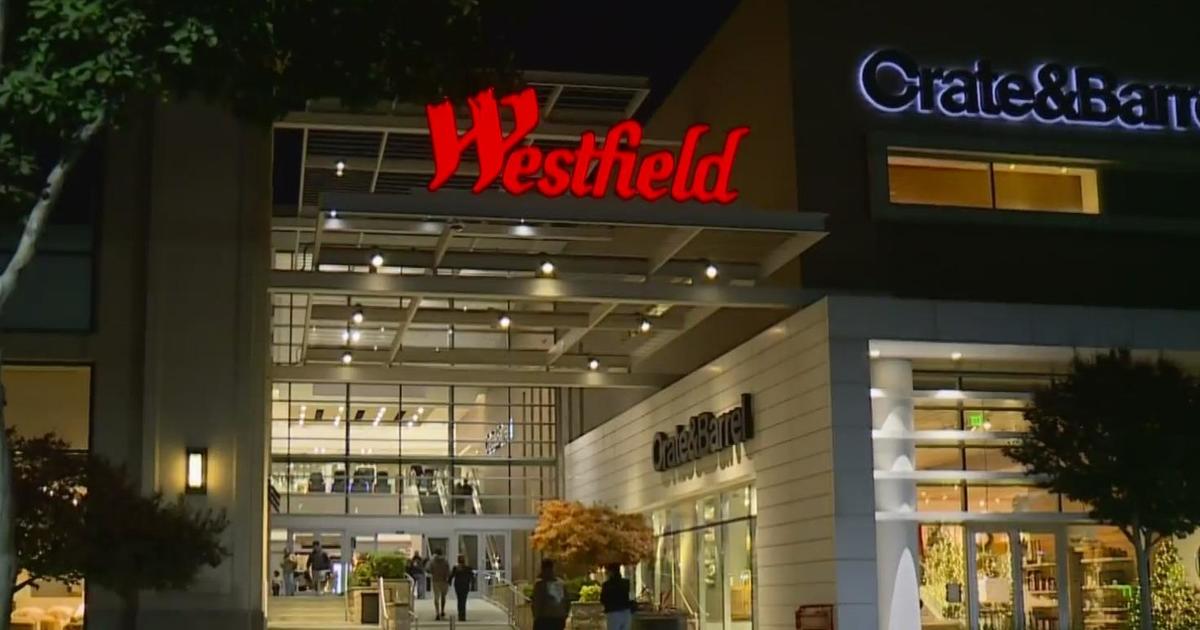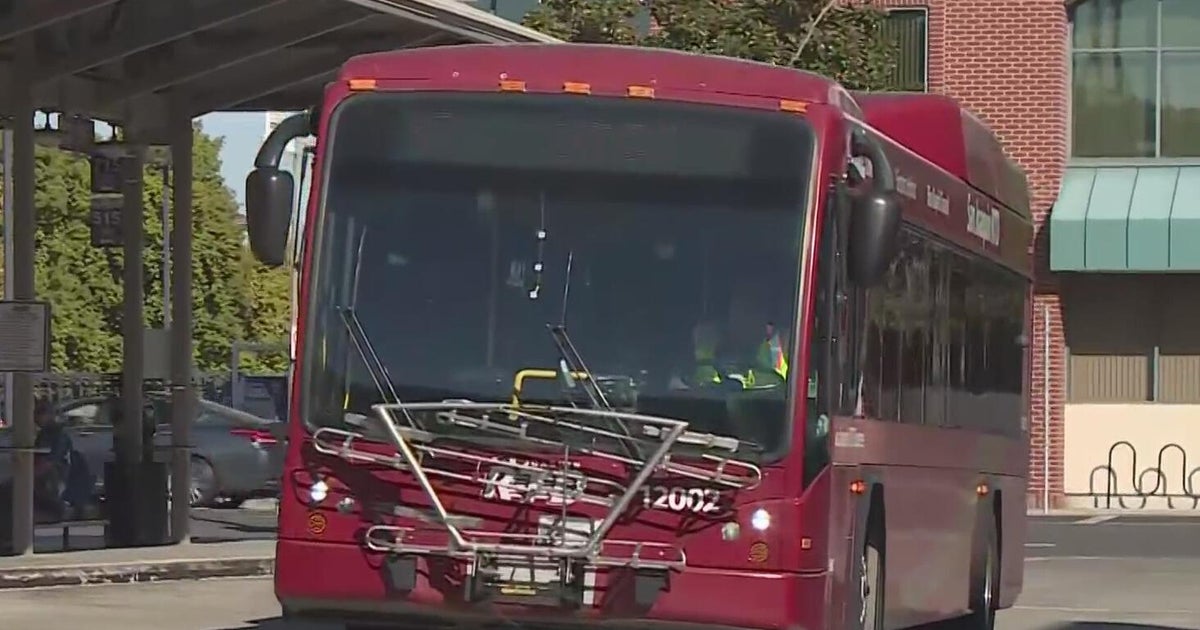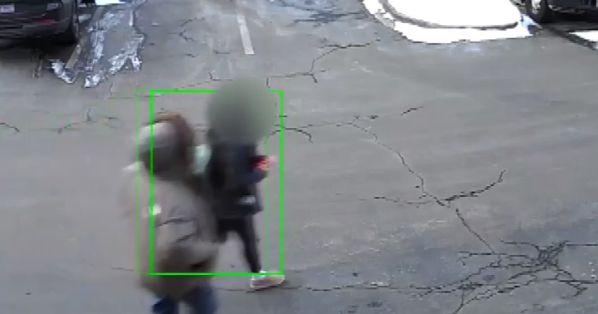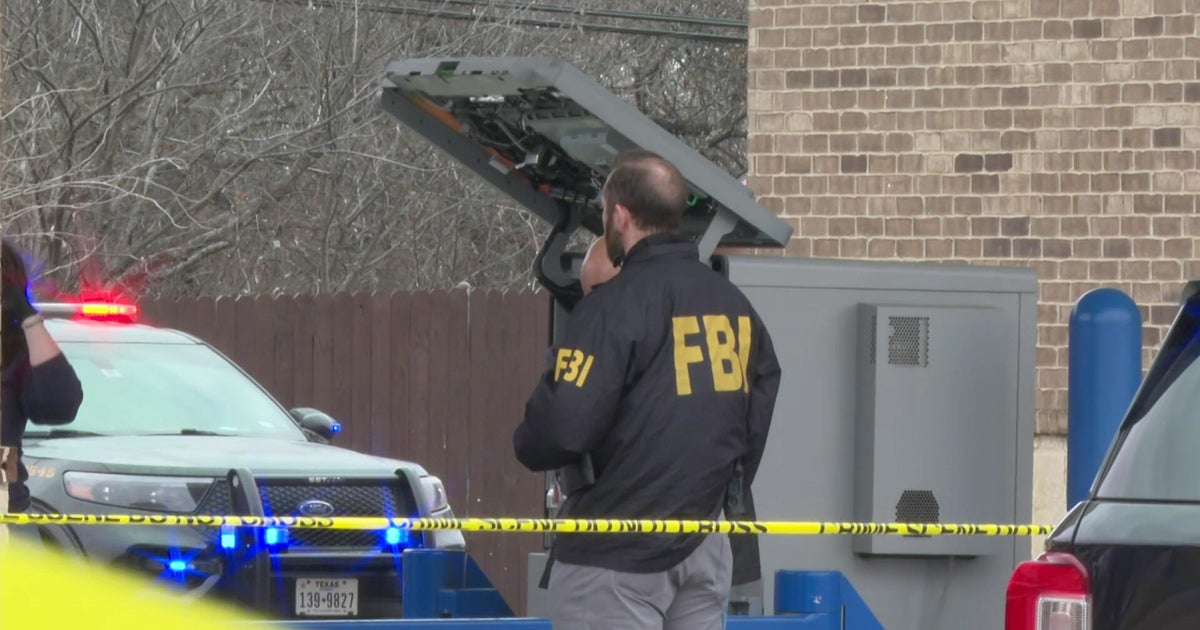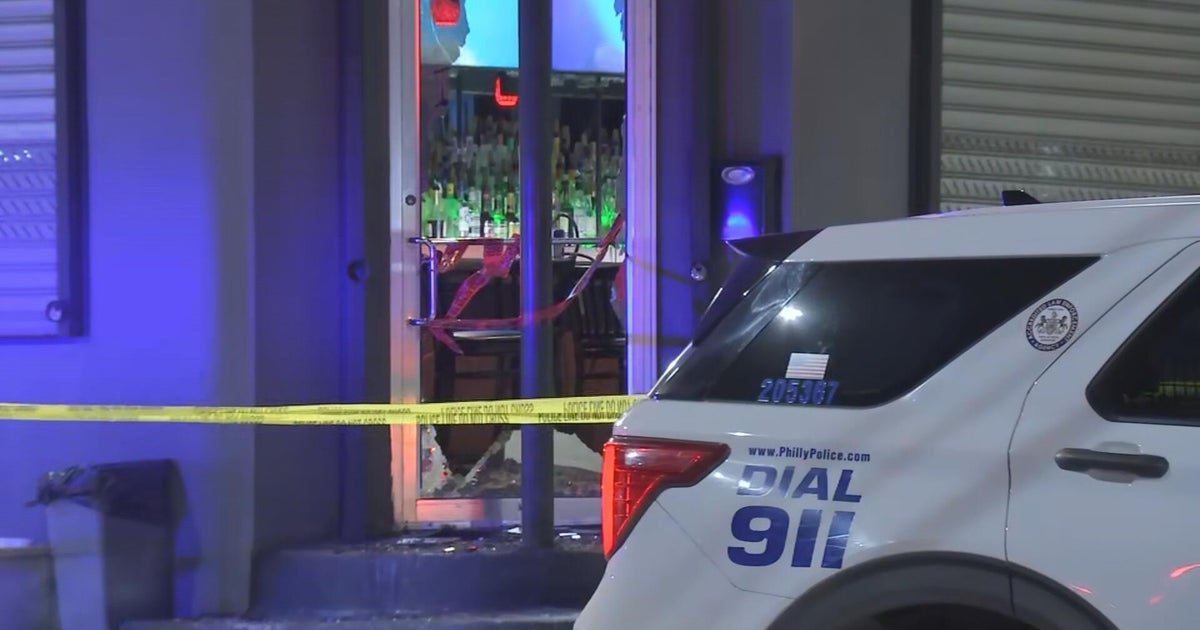Inside Stockton's Violent Gold Chain Robbery Epidemic
STOCKTON (CBS13) -- Memorial candles and crime scene tape still scar the southern edge of Stockton's Victory Park.
Almost everyone walking the park knows the story of Armando Pina -- even two months after the deadly broad-daylight gold chain robbery that ended his life, parkgoers said.
"It's sad," said Robert Alejandre, who now walks the park with his wife. "It just goes to show you you never know."
"Fewer people seem to be walking," said Jim Patterson, who continues to exercise at the park -- but removes any jewelry first.
Pina -- a 60-year-old cancer survivor, father and grandfather -- was killed around 3 p.m. Sept. 17, as he walked along the park's southern walkway, parallel to Picardy Drive.
"I just knew my whole world had ended," said daughter Rita Marie Pina, who spoke with her father every day. "My father lost his life to a chunk of gold."
Pina's family said he usually wore his gold chain beneath his shirt, but it is not known whether the chain was visible that afternoon, when killers ripped it off his neck and snatched a beloved family man and role model from his community.
"He was our heart," Pina said. "That's what he was, he was our heart."
The Gold Chain Epidemic
Pina's was the first murder in a boom of gold chain robberies in the troubled city.
Robbers have stolen approximately 250 chains since April -- more than one every day.
Most of those robberies occur in broad daylight.
"It is an uphill battle," said Sgt. Larry Parino of the Stockton Police Department.
Reported suspects are predominantly male (98 percent), of which 79 percent are black males ages 13-25, police said, and 9 percent Hispanic males 13-25. The majority of arrests were black males ages 13-25.
Most victims of the robberies are female (65 percent), and 44 percent of victims are age 50 or older, the data showed. The most common time of day for the crimes were between 12 and 5 p.m., though this only accounts for about a third of the crime.
Parino said robbers took even police by surprise initially.
"When [criminals] do these crimes, they normally get rid of the items within 24 hours," he said.
That's why police are now checking up on secondhand stores and pawn shops on a weekly basis.
A New Kind of Gold Rush
Third-generation pawn broker Tim Cassidy, who owns Stockton's historic Cassidy's Jewelry and Loan, sees more gold than ever -- as many as 50 gold chains a day, he said.
"A simple very small gold chain can easily be sold for $200 or $300," he said.
State law requires all stores buying gold to document identification cards and get signatures and thumbprints of the sellers.
Cassidy said that means fewer criminals are looking to pawn shops to cash in -- but he admits police can't always identify each gold necklace or chain.
"Do we see it? I'm sure we do. Do we know about it? No," he said. "If we do, we don't take it."
The value of gold is currently more than $1,700 an ounce -- with prices spiking at almost $1,900 in September 2011, just months before Stockton's gold chain epidemic began.
In a decade, the price of gold has jumped more than 400 percent. Generally speaking, a $100 necklace in 2002 is now worth more than $500.
Stores are popping up all over the nation looking to cash in on the boom themselves. So how many businesses are following the law?
Going Undercover
Using gold chains, with broken clasps like many of the stolen gold, CBS13 went undercover.
A CBS13 producer visited six different Stockton stores to see who would buy our gold under the table.
Most stores wanted our producer's ID and thumbprint, as required by law, but a Weberstown Mall jewelry vendor offers us cash no questions asked.
"Would you do 40 dollars for this?" the producer asked, wearing a hidden camera.
The store owner agreed to the offer, then lowered his offer to $25, saying he'd re-sell it in his jewelry display.
"That's the best I can do," he told the producer.
In less than an hour, we found an easy way to get cash for what could be stolen gold.
That's what police want to stop.
Police Enforcement Stings
Riding with undercover detectives at the Stockton Police Department, a CBS13 producer and photographer documented a mobile gold-buying business breaking the law.
"How many transactions have you done today?" a Stockton detective asks the woman running the business.
"Two," she responds, not knowing police have been watching her buy gold from individuals for hours.
"I have a feeling you've done more than two transactions today," the detective said. "I'll give you another chance to tell me if you've done another transaction."
Sure enough, the vendor admits she has, laying several additional gold items out on the table for the detective to see.
Police cite her for buying gold without checking ID or getting a thumbprint -- a fine of a several hundred dollars.
"If we don't control it, the flood gates will open and they'll bring everything that they can find that's stolen and they'll be no control over it," the detective told CBS13.
Police believe cutting down on illegal sales in flea markets is possible, which would curb the number of gold chain robberies, and possibly even catch crooks red handed.
"We're not going to stop crime completely, but this is something that we can cut way down," Parino said.
Police hope families can eventually feel safe again in their own neighborhoods, Parino said.
"We're not gonna let that dark element take over," Alejandre said of Victory Park and his community.
Rita Marie Pina's family will forever remember the impact of her father's life, she said -- but they hope the memory of his brutal murder for a small gold chain can help mend their broken city.
"When I talk about my father, at least I can beam that light that he beamed in me," Pina said. "I'm hoping like hell I can save somebody else."
While robberies continue, police are asking the public not to wear gold jewelry or other valuables in public -- even in daylight.
If you must wear jewelry or valuables, police ask that residents hide it under clothing.
Police are offering a reward of up to $10,000 for information leading to the arrest of those responsible for the robberies. They ask that anyone with information call Crime Stoppers at 209-946-0600 to report anonymously or call Investigations directly at 209-937-8323.
